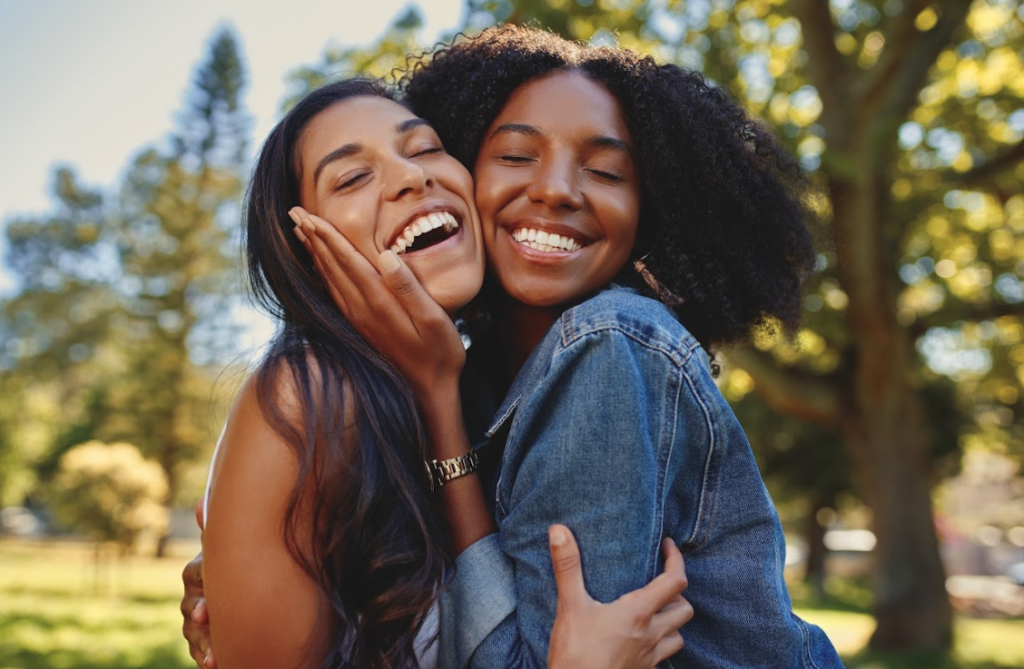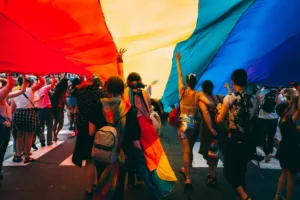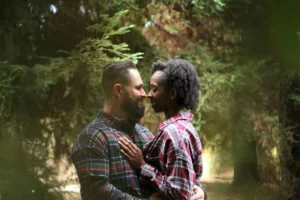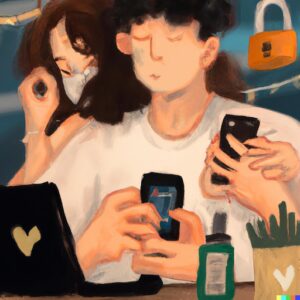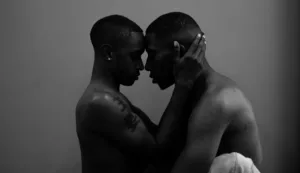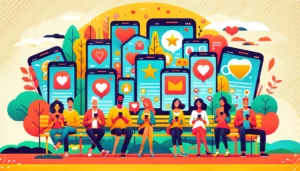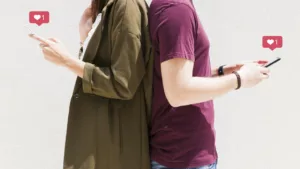Gender norms and traditional expectations have long influenced the way we navigate relationships, particularly in the realm of dating. However, as society progresses, there is a growing recognition of the need to challenge these norms and create spaces that embrace gender fluidity and equality. In this blog post, we will explore the importance of challenging traditional gender roles and expectations in dating, and discuss ways to encourage egalitarian behaviors and foster relationships that embrace fluidity and equality.
Understanding Gender Norms and Expectations:
Gender norms are societal expectations and beliefs regarding how individuals should behave, dress, and interact based on their gender. These norms often reinforce traditional gender roles, such as men being assertive, dominant, and emotionally detached, while women are expected to be nurturing, submissive, and emotional. These rigid expectations limit personal expression, hinder individual growth, and can negatively impact relationships.
Challenging Traditional Gender Roles:
- Awareness and Self-Reflection: The first step in challenging traditional gender roles is to recognize their existence and understand their impact. Self-reflection helps individuals question their own biases, assumptions, and expectations about gender, allowing for personal growth and empathy towards others.
- Communication and Consent: Open and honest communication is vital in any relationship. Encouraging partners to communicate their needs, desires, and boundaries promotes a sense of equality and mutual respect. Consent should always be sought and affirmed, recognizing that it is an ongoing process that can be withdrawn at any time.
- Shared Responsibilities: Challenging traditional gender roles requires sharing responsibilities and domestic tasks equally. This includes chores, childcare, and financial obligations. An equal distribution of responsibilities fosters a sense of partnership and prevents one gender from being burdened with expectations and pressures.
- Embracing Emotional Vulnerability: Traditionally, men have been discouraged from expressing vulnerability or emotions beyond anger or aggression. Encouraging emotional openness and vulnerability allows for deeper connections and understanding between partners, breaking free from societal expectations.
- Diverse Dating Practices: Encouraging individuals to step outside of their comfort zones and challenge societal expectations regarding dating practices can lead to more inclusive and egalitarian relationships. This may involve initiating dates, splitting the bill, or engaging in activities traditionally associated with the opposite gender.
Embracing Fluidity and Equality:
- Non-Binary and Gender-Fluid Dating: Recognizing and respecting individuals who identify as non-binary or gender-fluid is crucial. This involves using appropriate pronouns, validating their experiences, and acknowledging their unique identities within the dating context.
- Unlearning Gender Stereotypes: Challenging and unlearning gender stereotypes involves dismantling preconceived notions about gender and allowing individuals to express themselves authentically. Celebrating diverse expressions of gender helps create a more inclusive and accepting dating culture.
- Education and Awareness: Promoting education and awareness about gender diversity can play a pivotal role in challenging traditional gender roles. This can be achieved through workshops, seminars, or open discussions that encourage dialogue and understanding.
- Intersectionality and Inclusivity: Recognizing that gender intersects with other aspects of identity, such as race, sexuality, and disability, is essential for fostering relationships that embrace fluidity and equality. Embracing intersectionality allows for a more nuanced understanding of individuals’ experiences and challenges.
Conclusion:
Challenging traditional gender roles and expectations in dating is an ongoing process that requires conscious effort from individuals and society as a whole. By fostering egalitarian behaviors, encouraging communication, embracing emotional vulnerability, and promoting inclusivity, we can create dating environments that value fluidity and equality. Let us strive towards relationships where personal expression is celebrated, expectations are redefined, and all individuals can thrive authentically.
Don’t forget to follow Lefty on our social media

